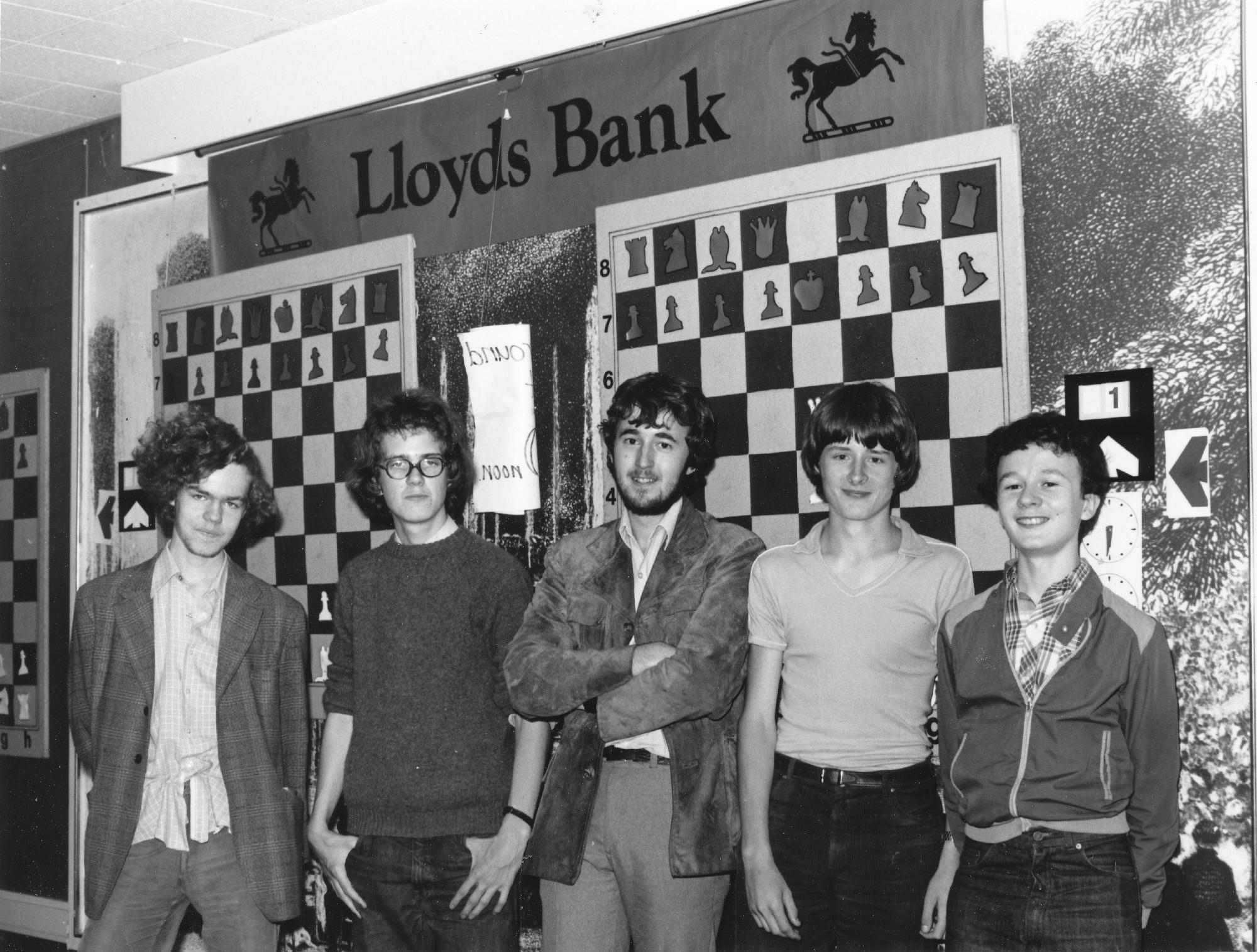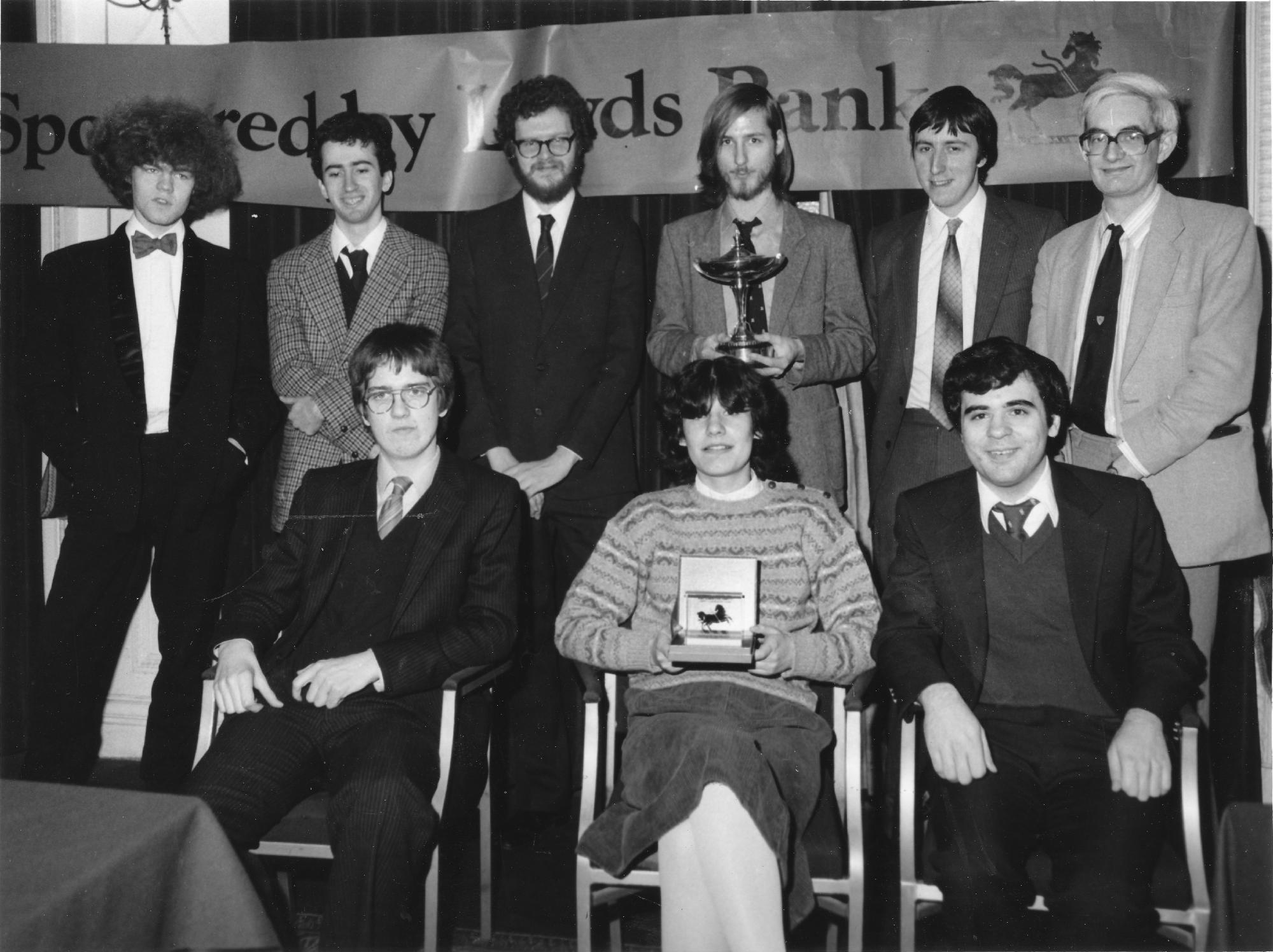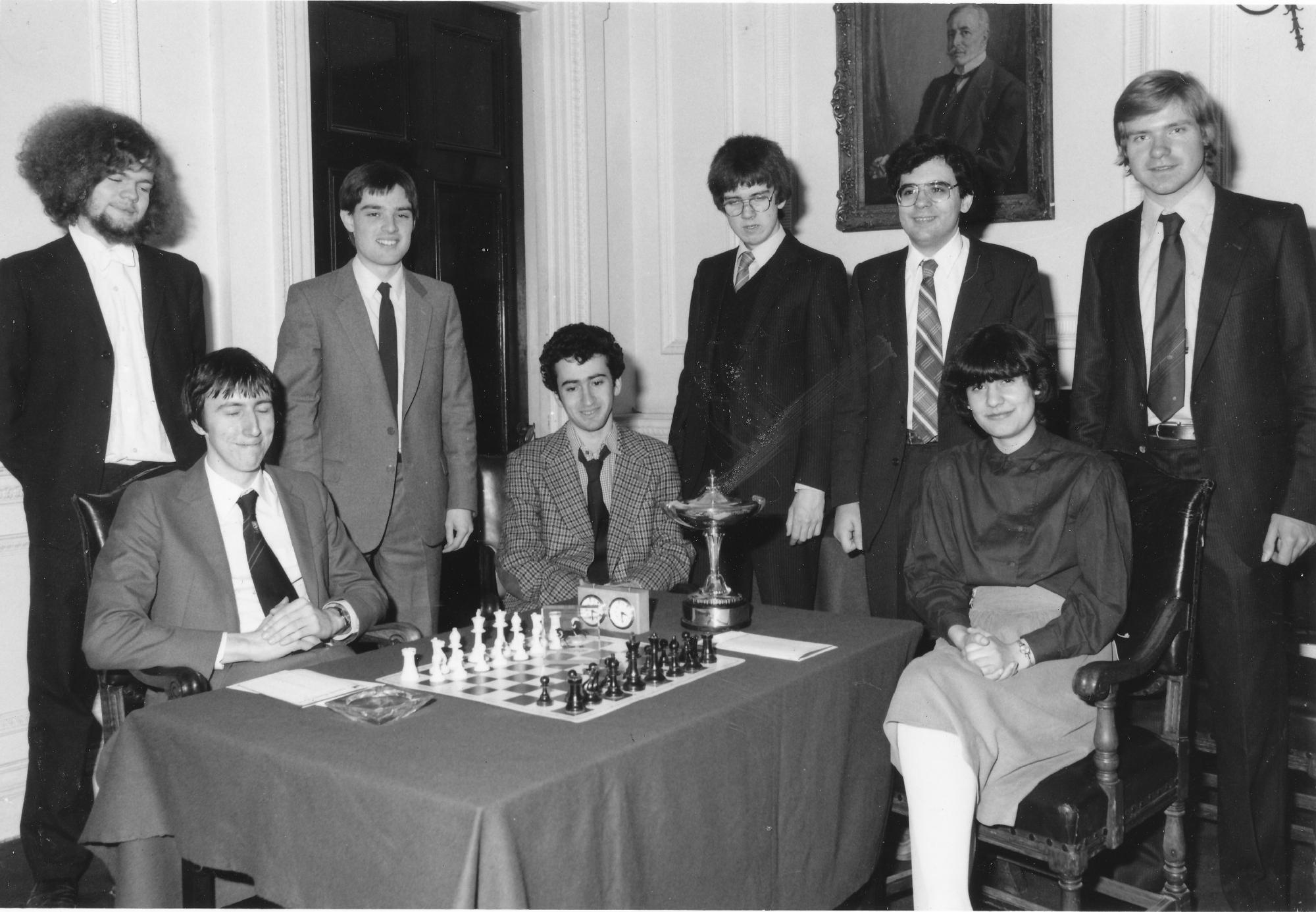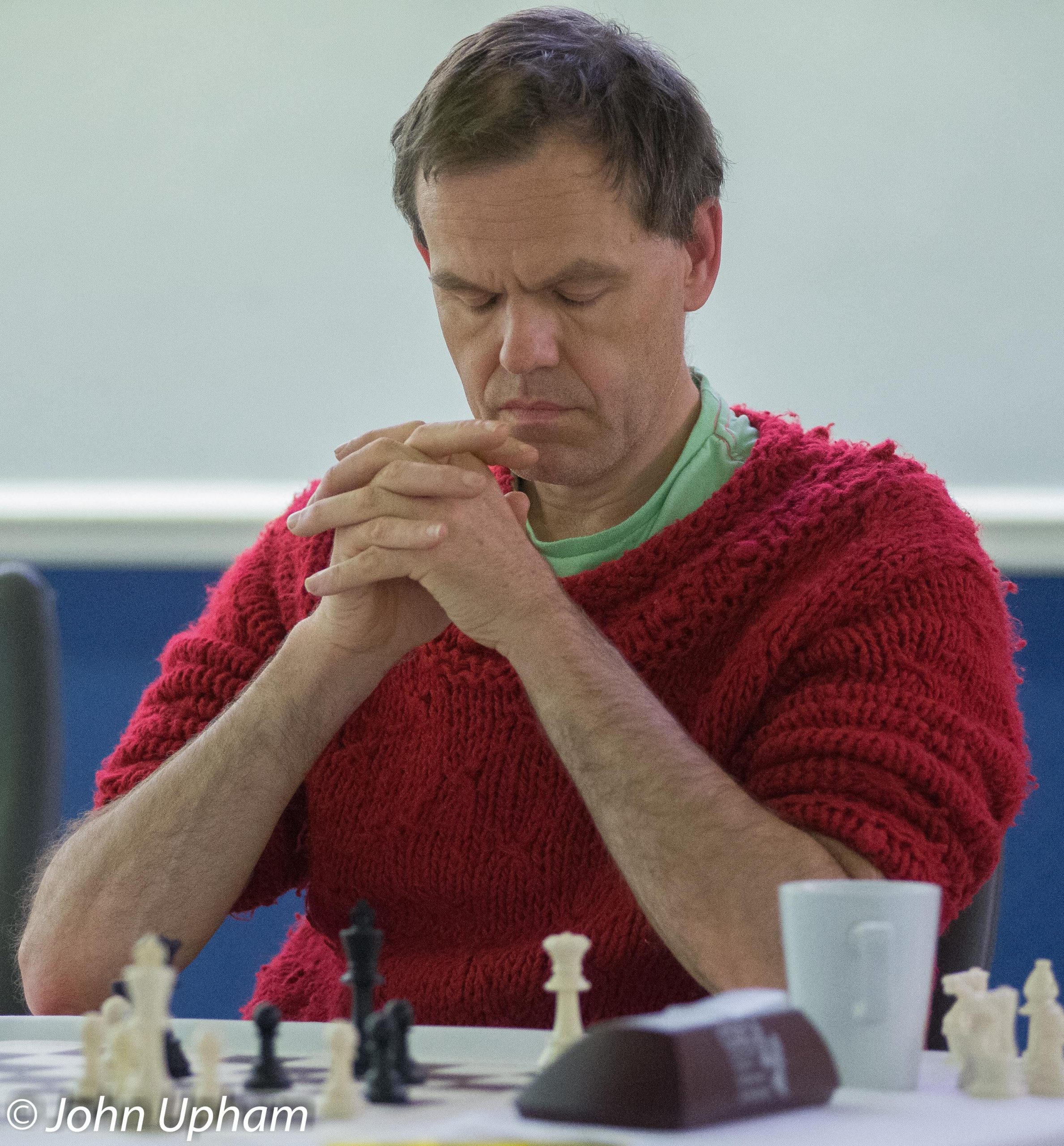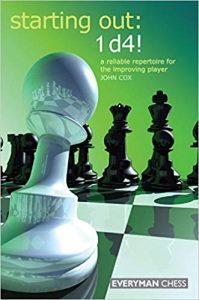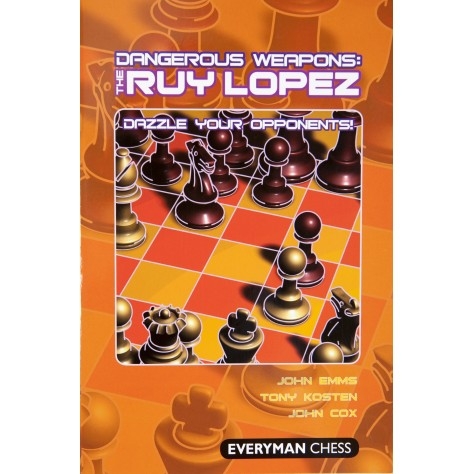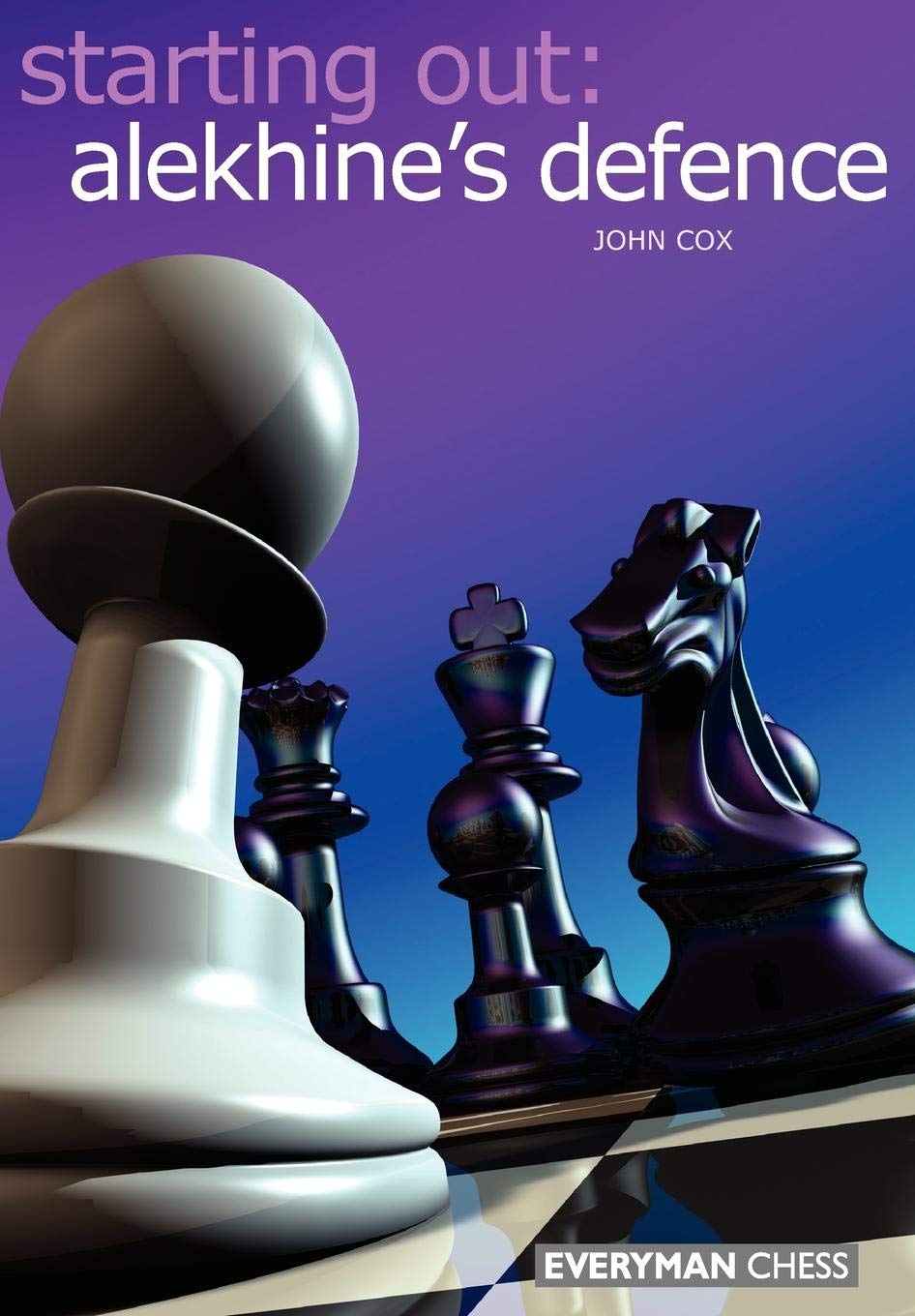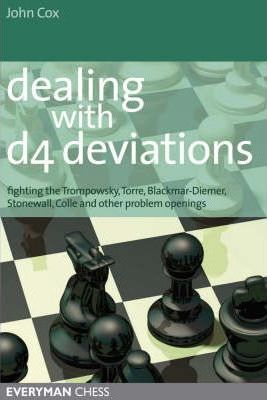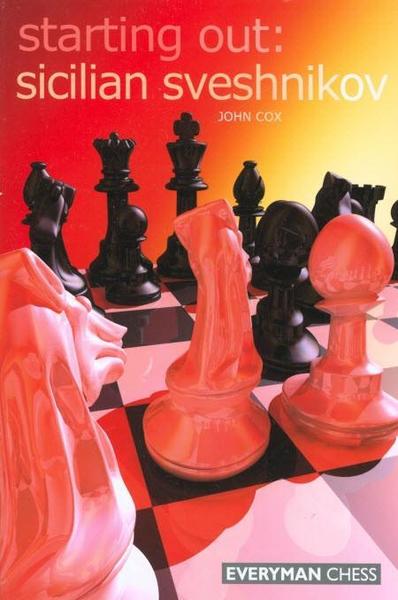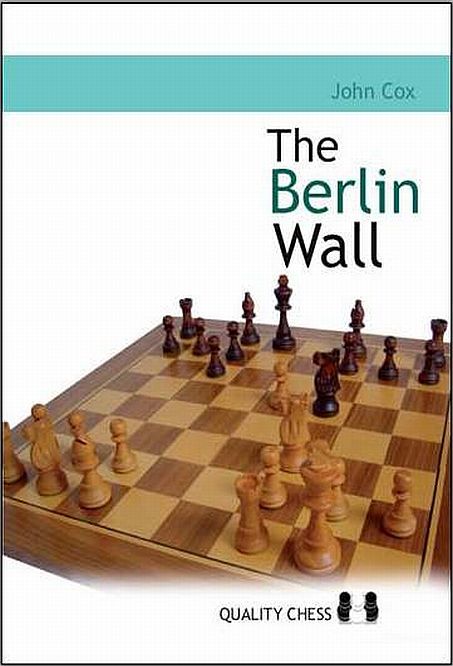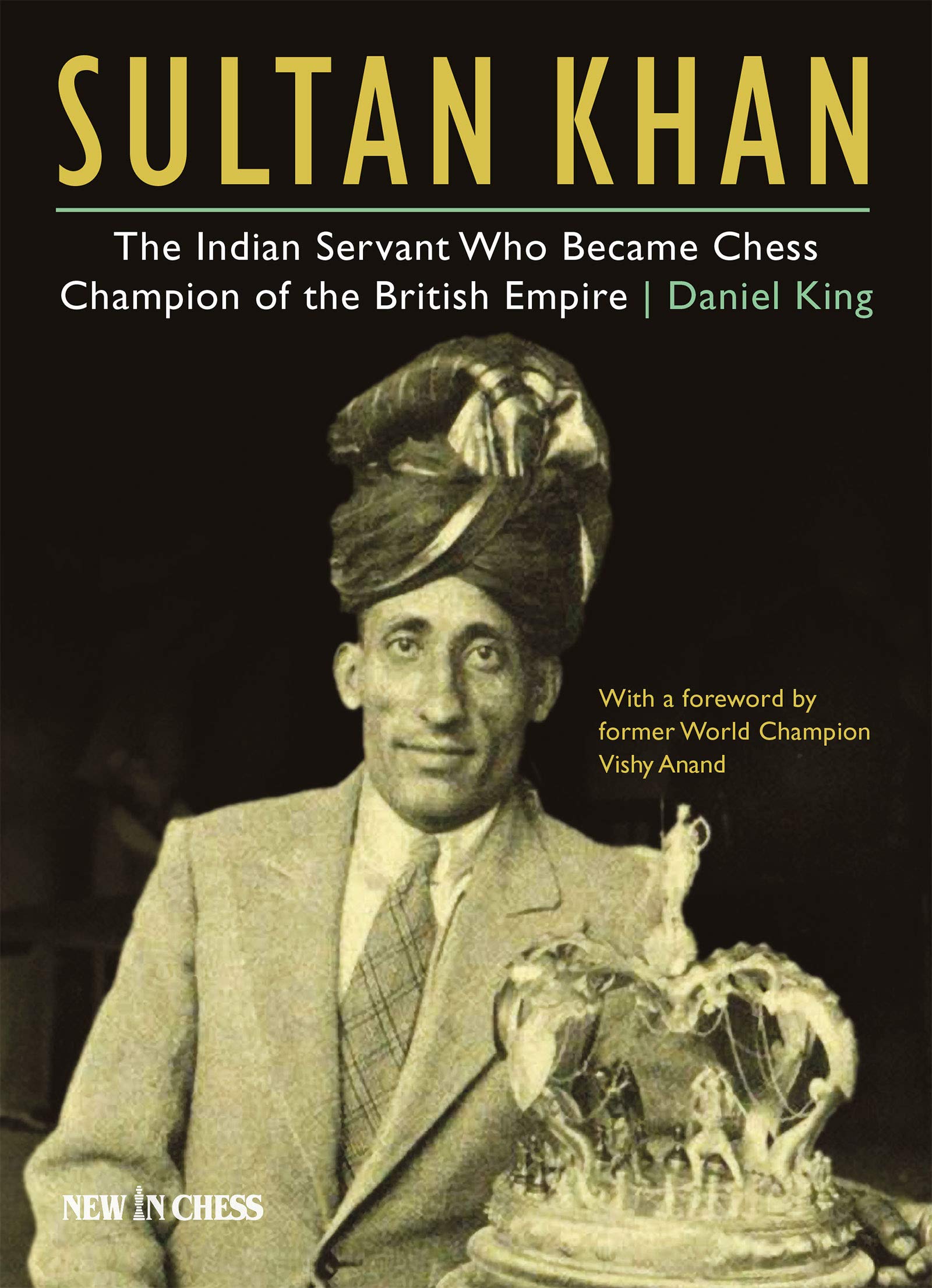
Sultan Khan : The Indian Servant Who Became Chess Champion of the British Empire : Daniel King

“Daniel King (1963) is an English grandmaster, coach, journalist and broadcaster. He has written 16 chess books on topics ranging from opening preparation to the self-tutoring How Good is your Chess? and Test Your Chess.”
From the rear cover :
“Sultan Khan arrived in London in 1929. A humble servant from a village in the Punjab, he created a sensation by becoming the British Empire champion. Sultan Khan competed in Europe with the leading chess players of the era. His unorthodox style often stunned his opponents, as Daniel King explains in his examination of the key tournaments in Khan’s career. King has uncovered a wealth of new facts about Khan, as well as dozens of previously unknown games. Now for the first time the full story can be told of how Khan was received in Europe, of his successes in the chess world and his return to obscurity after his departure for India in 1933.”
Daniel King, well known as a writer and broadcaster, here turns his hand to chess history, and one of the most fascinating stories our game has produced.
It would be remiss of me not to mention at the start that Sultan Khan’s family, whom the author chose not to consult, are very unhappy about the book. You can read a review by Dr Atiyab Sultan, Sultan Khan’s granddaughter, here.
Dr Sultan and her father also write about Sultan Khan here.
I’ll leave that with you: you can decide for yourself whether or not it will deter you from buying the book. I have my views but prefer to concentrate on the chess.
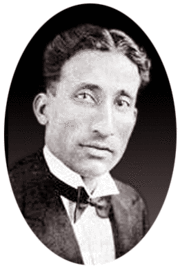
What we have is a collection of Sultan Khan’s most interesting games (in some cases only the opening or conclusion) with excellent annotations. It’s not a ‘Best Games’ collection: there are plenty of draws and losses. As you would expect from such an experienced commentator, King knows exactly what, and how much, to tell you. You’ll get clear and concise verbal explanations, with variations only when necessary: an approach entirely suited to Khan’s style of play.
Sultan Khan’s openings were sometimes very poor, even by the standards of the day, on occasion running into trouble by neglecting the essentials of development and king safety, and not always learning from his mistakes. You won’t find a lot of brilliant tactics and sacrifices in his games, either. But he excelled at manoeuvring, and was an outstanding endgame player, winning many points through sheer determination. It was these skills that enabled him to beat Capablanca, draw with Alekhine, and reach, according to Jeff Sonas, the world’s top ten.
Here’s his most famous game, which is treated to six pages of annotations in the book.
King offers a lot more than just the games, though. The descriptions of the events in which Sultan Khan participated are enlivened by contemporary reports from newspapers and magazines which portray a vivid picture of the chess world 90 years ago, and of how Khan was perceived within the chess community. Then as now, newspapers would sometimes send non-playing journalists to write a ‘let’s laugh at the weird chess players’ article. Here, for example, is a Daily Herald reporter visiting Hastings for the 1930-31 congress. “DRAWING THE LONG BROW AT HASTINGS”, chortled the headline. “Moving (sometimes) scenes at chess congress.” Yes, very droll.
Although Sultan Khan was a very popular member of the British chess community, much respected for his quiet and modest demeanour, remarks which would today be considered racist sometimes appeared in the press. The London Evening News on Hastings 1932-33: “Sultan Khan, the British Champion, of course, did well; but he is not English by birth, which makes a difference.”
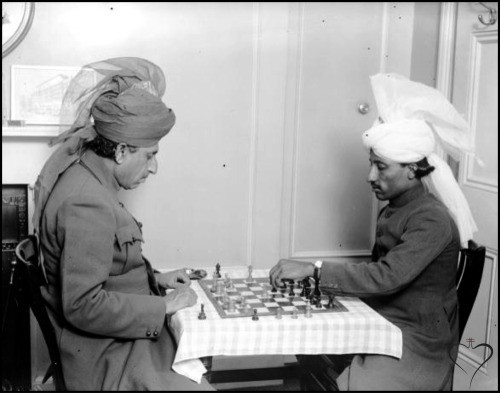
King also sketches in the political background behind Sultan Khan’s time in England: the discussions concerning the future of the Indian subcontinent which would eventually lead to independence and the partition in 1947. Writing as someone with embarrassingly little knowledge of the subject, I thought these sections of the book were written with sensitivity and impartiality, but, as the partition is still highly emotive today, I quite understand why others might take a different view.
My main problem with the book is the lack of indexing. There’s an index of names, but I’d also expect indexes of games and openings: something I’d consider essential for a book of this nature. While it was interesting to read something of the history of Western chess in India, a section on John Cochrane would have been useful. I noticed a couple of errors in tournament crosstables (pp 22 and 309), and on p322, EM Jackson mysteriously becomes EM Mackenzie (his middle name).
What you don’t get is a definitive and complete biography and games collection such as McFarland might publish, but Daniel King knows his audience well, and, from the chess perspective, does a thoroughly professional job. If you don’t feel strongly about Sultan Khan’s family’s criticisms, then this book is highly recommended, telling a story full of chess, human and historical interest.
You can see some sample pages on the publisher’s website.
Some more links for anyone interested in finding out more about Sultan Khan:
An article by chess.com blogger simaginfan (Neil Blackburn)
Edward Winter’s feature article about Sultan Khan
A short documentary from 1990 about Sultan Khan and Miss Fatima
Richard James, Twickenham 22nd May 2020

Book Details :
- Paperback : 372 pages
- Publisher: New In chess (1 Mar. 2020)
- Language: English
- ISBN-10: 9056918745
- ISBN-13: 978-9056918743
- Product Dimensions: 17 x 23.1 cm
Official web site of New in Chess




